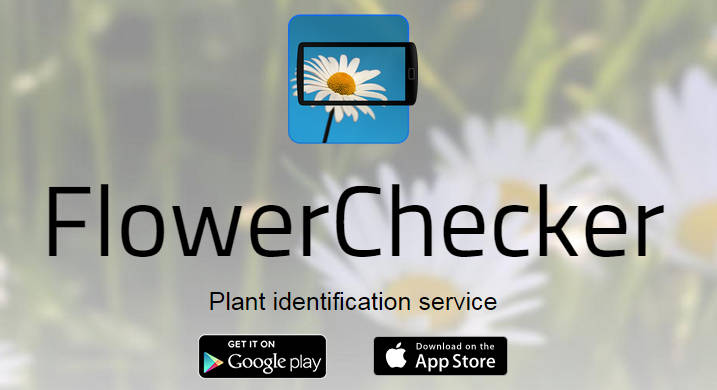| Flowering Success |
| Written by Sue Gee | |||
| Wednesday, 24 June 2015 | |||
|
Flower Checker is a rare species among apps - it earns more money than its team of developers ever expected while at the same time providing them what they really want - raw data.
The plant identification app is the brainchild of three doctoral students from the Czech republic whose area of study is botany. It works on a simple model. Users submit one or photo taken with their iOS or Android phone of an unknown plant (or moss, lichen and even fungi) for it to be identified. This is where the surprise element enters. Rather than rely on machine learning to compare the submitted picture with a huge database the identification is performed by human experts - the mechanical turk model. You can see and, idealized and romanticized version of how it all works in the following video:
Reading the explanation of Flower Checker on its blog it becomes apparent that Ondřej Vesel and the other two co-founders of the service set out to gather data to build the database that would be required for automatic AI-based plant recognition and were confounded by the success of the app: The original aim was to obtain geolocated data on plants in exchange for the identification help. But when hundreds of requests began to come in a single day, developers decided to charge a fee, intending to reduce these numbers. However, the exact opposite happened. People started to pay willingly while providing the data that the authors needed. Currently the app sells for ninety nice cents and each installation includes three prepaid identifications, afrer which further submissions require in-app purchases. The app description of Google Play makes this explicit: The identification process is not computer-based, it requires human involvement. Therefore we ask for a payment to maintain quality of the service. If we can't identify your plant, you don't pay anything. Users seem to appreciate this payment model with 36 5-star reviews and only 2 1-star complaints. As for the developers they are happy with unexpected commercial success and a bit worried that a increases in popularity would make it difficult to sustain. The proposed strategy in that case is to increase the price to throttle demand! Perhaps this speaks volumes about the nature of the app market, users and developers. What it means in a more general context is difficult to say but if there are people who really want to know something and there is a way to provide high quality answers then an app is called for even if it isn't cutting edge AI.
More InformationRelated ArticlesMechanical Turk Launches Categorization App Computational Camouflage Hides Things In Plain Sight Crowd sourcing replaces journalists
To be informed about new articles on I Programmer, install the I Programmer Toolbar, subscribe to the RSS feed, follow us on, Twitter, Facebook, Google+ or Linkedin, or sign up for our weekly newsletter.
Comments
or email your comment to: comments@i-programmer.info |
|||
| Last Updated ( Wednesday, 24 June 2015 ) |


